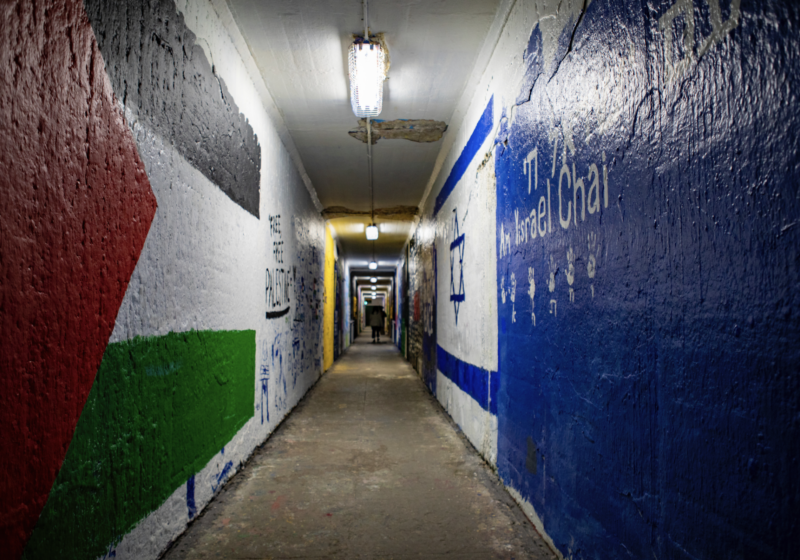As a general rule, transportation fuel containing ethanol, whether it is E-10 or E-85, is more environmentally beneficial than straight gasoline.
Combustion of ethanol fuel produces fewer emissions, therefore causing a significant reduction in pollution and other environmentally degrading consequences.
Ethanol could become an extremely viable energy source, but it is not ready to fill that role just yet.
A few things would have to change, economically and environmentally for it to be beneficial to the University to have an ethanol processing plant constructed.
First, ethanol in the U.S. is either processed from imported sugarcane or domestically grown corn.
Ethanol production has already been competing with food production, and a corn shortage a few years ago caused conflict, especially in Mexico.
The University would be contributing to this reduction in food availability and also a reduction in water resources ,as corn requires extensive irrigation.
Since the climate in Rochester is not suitable for growing corn, all corn for processing would need to be shipped — probably by trucks and other fossil fuel powered vehicles.
The plant itself gives off emissions as well and uses a large amount of energy during processing.
In order for the Rochester bus fleet to use the ethanol, the University would either need to purchase new flexfuel vehicles or expensively retrofit existing buses.
This large, loud plant would be taking over the space of what used to be healthy farmland, maybe even someone’s livelihood.
While it is true that the University will save money by purchasing its own ethanol at a reduced price, this is negated by the cost of shipping the corn, running the plant and buying new vehicles.
Since ethanol has 30 percent less energy than regular gasoline (one and one half gallons of ethanol is about equivalent to one gallon of gasoline), more fuel will be needed for the same size fleet.
While environmentally friendly in theory, an ethanol plant is not an economically viable or overwhelmingly beneficial alternative to gasoline for the University at this time.
Scheinerman is a member of
the class of 2013.





